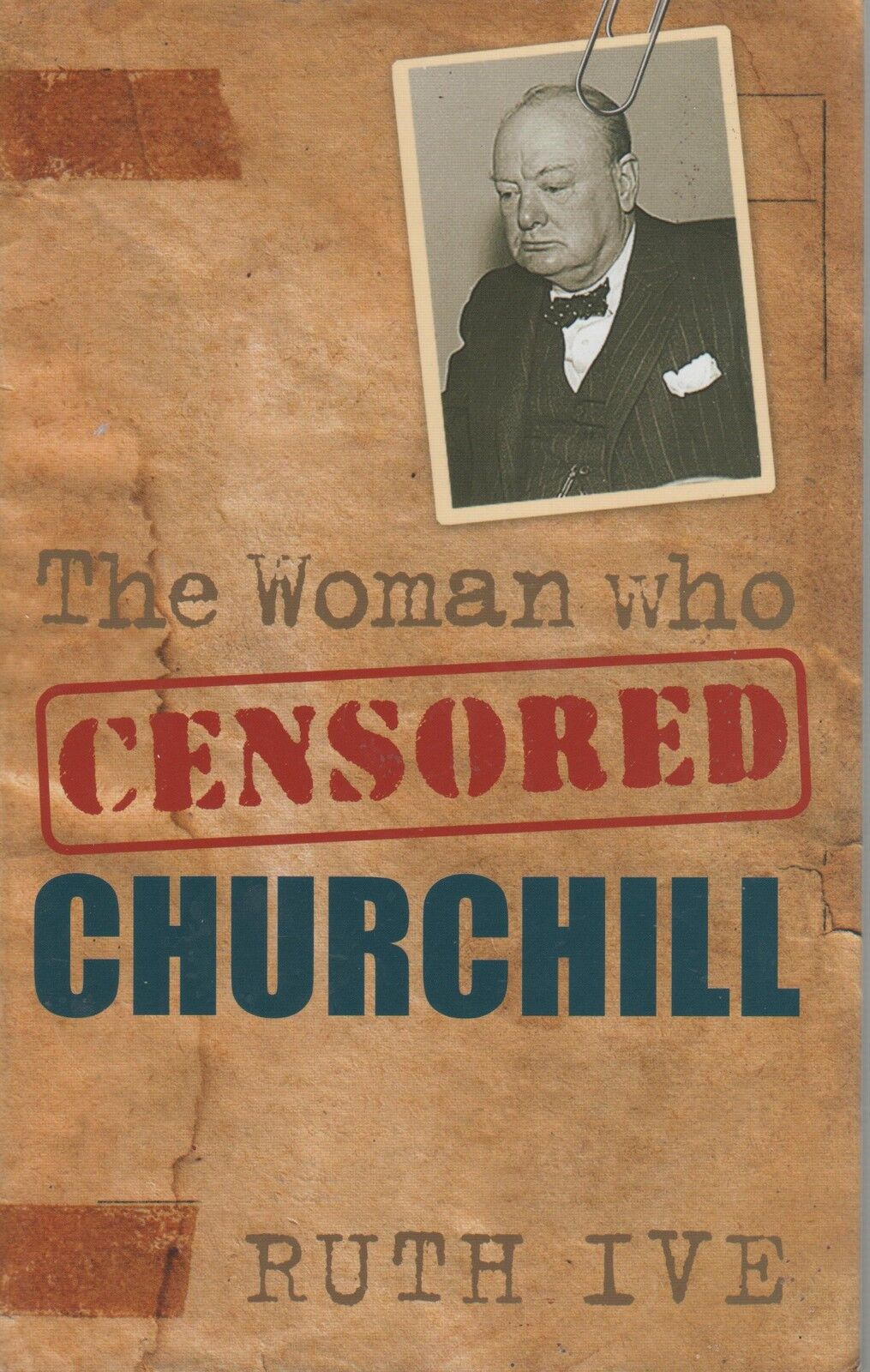The Woman Who Censored Churchill
Usually shipped within 24 hours
UK deliveries from £4.95
Delivery & Returns
Delivery & Returns
We use the Royal Mail, DHL Express or UPS for our customers. For UK addresses, deliveries under 10kg are a standard £4.95 via Royal Mail Tracked 48 Service. For orders over 10kg and overseas customers, postage is calculated for you at checkout once you have entered your postal address. This price, does not include any potential custom charges that may apply, depending on the product or destination, as every country has very different import duties / taxes. Online exclusive products (such as trainers) will be delivered to you directly from the printer, separate from other items in your order, but your postage fee covers ALL items in your order.
If you are unhappy with your purchase, please email shop@tankmuseum.org within fourteen (14) working days of receiving your goods, and return it to us at the address below, in its original condition, unopened (with any seals and shrink-wrap intact) and we will issue you a full refund or replace it. Goods must be returned at your own cost. If the item is faulty, you do not need to return it, we will send you a replacement free of charge.
Description
Description
By Ruth Ive
Hardback
During the Second World War, the only way Winston Churchill and his American counterpart Franklin D. Roosevelt could communicate was via a top secret transatlantic telephone link. All other Atlantic telephone cables had been disconnected to prevent the Germans intercepting information.
Ruth Ive, then a young stenographer working in the Ministry of Information, had the job of censoring the line, and she spent the rest of the war listening in to the conversations across the Atlantic, ready to cut the line if anything was said that might compromise security. Ruth was sworn to secrecy about her work, and at the end of the war all documentation proving the existence of the telephone line was destroyed. It was not until 1995, when Churchill's private files were finally declassified, that Ruth was able to research her story.
Now, for the first time, one of the Second World War's key workers describes the details of her incredible story, and the private conversations of two of the war's most important players can be revealed.








